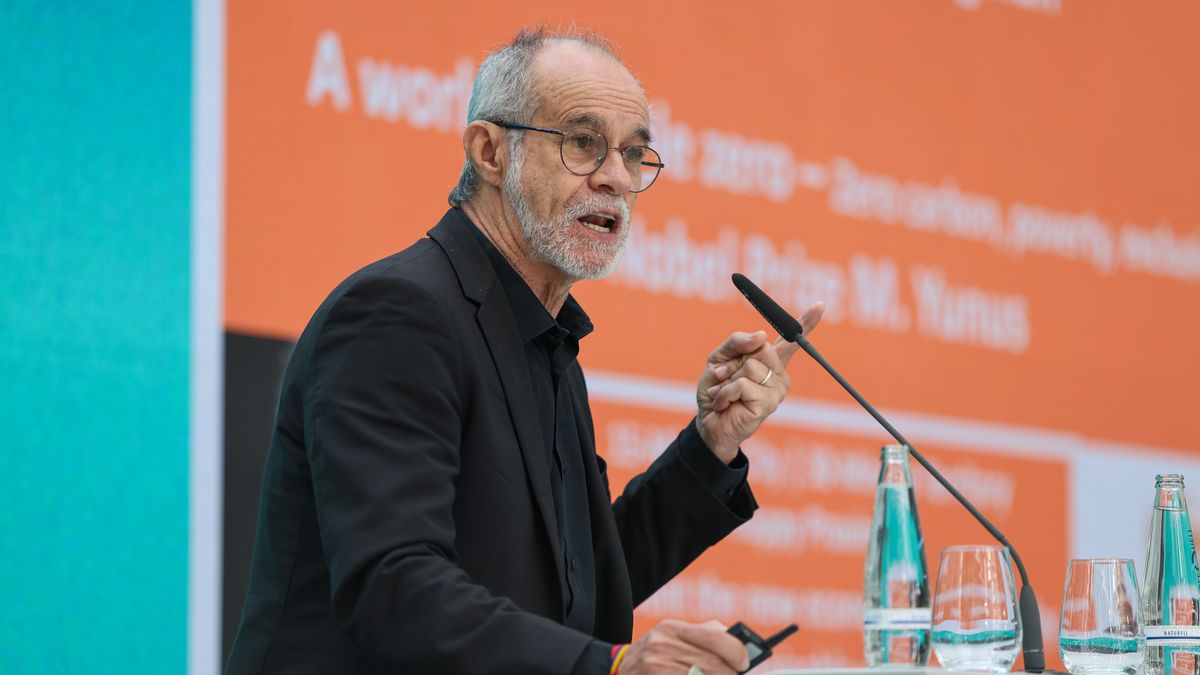The concept is simple: living in neighborhoods where everything we need—housing, work, education, health, leisure and services—is within a 15-minute walk or bike ride.
In the context of an increasingly urban and accelerated world, The need to rethink our cities becomes imperativeAs an urban planner, I have spent much of my career exploring how we can transform our metropolises into spaces that are not only more sustainable, but also more human. This is how the idea of the “15-minute city” was born. a concept that I have developed with the aim of bringing citizens closer to their essential needs and, at the same time, reducing the carbon footprint.
The content you want to access is exclusive for subscribers.
During my recent visit to Argentina, where I was honored to lead the Franco-Argentine Chair of Urbanism and Society, I had the opportunity to reflect on modern architecture and the importance of initiatives that promote sustainable construction. At a meeting at the French Embassy, I shared with colleagues and local leaders how the The “15-minute city” not only improves the quality of life, but also boosts the local economy and creates more jobs.


The concept is simple: living in neighborhoods where everything we need—housing, work, education, health, leisure and services—is within a 15-minute walk or bike ride. This model not only reduces the need for motorized transport, but also promotes a healthier lifestyle that is connected to the community. The adoption of this approach has gained relevance in cities such as Paris, where Mayor Anne Hidalgo has been a strong advocate for this vision, especially during the challenges imposed by the COVID-19 pandemic.
However, the implementation of this model is not without its challenges. Modern urban planning faces three major challenges: ecological, economic and social. How do we reduce our carbon footprint and mitigate the climate impact? How do we generate jobs in an equitable way? How do we reduce the social tensions that often divide our cities? These are the questions we must address if we want to build more inclusive and resilient cities.
On this path, alliances are essential. In this regard, I would like to highlight Saint-Gobain’s commitment to urban sustainability, reflected in its support for the Franco-Argentine Chair of Urbanism and Society and in initiatives such as the ADUS LATAM Award, which seek to promote a human-scale, responsible and future-oriented architecture. Creating a community of architects committed to responsible ecology is not only a challenge, but an urgent need.
The cooperation between Argentina and France in this field is an example of how the exchange of knowledge and experiences can contribute to making the world a better place for everyone. Now, more than ever, is the time to rethink our cities and commit to urban planning that prioritises life, proximity and sustainability.
Source: Ambito
David William is a talented author who has made a name for himself in the world of writing. He is a professional author who writes on a wide range of topics, from general interest to opinion news. David is currently working as a writer at 24 hours worlds where he brings his unique perspective and in-depth research to his articles, making them both informative and engaging.




